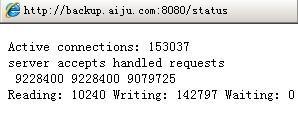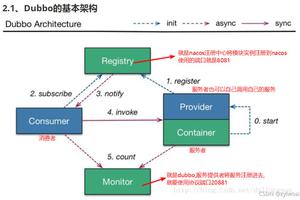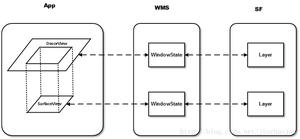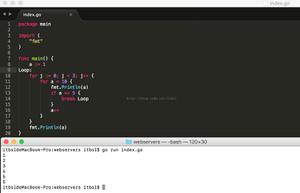Java中equals()与equalsIgnoreCase()之间的区别
equals()在Java中使用以检查两个字符串之间的相等性。
equalsIgnoreCase()在Java中使用,以忽略大小写检查两个字符串之间的相等性。
假设以下是我们的两个字符串-
String one = "qwerty";String two = "Qwerty";
两者相等,但情况不同。由于该方法忽略大小写,因此使用equalsIgnoreCase()method会将这两个字符串视为相等。
在这里,我们正在检查相同-
if(one.equalsIgnoreCase(two)) { System.out.println("String one is equal to two (ignoring the case) i.e. one==two");
}else{
System.out.println("String one is not equal to String two (ignoring the case) i.e. one!=two");
}
但是,在equals()这种情况下,它们将不被视为相等-
if(one.equals(two)) { System.out.println("String one is equal to two i.e. one==two");
}else{
System.out.println("String one is not equal to String two i.e. one!=two");
}
以下是最后一个示例。
示例
public class Demo { public static void main(String[] args) {
String one = "qwerty";
String two = "Qwerty";
if(one.equalsIgnoreCase(two)) {
System.out.println("String one is equal to two (ignoring the case) i.e. one==two");
}else{
System.out.println("String one is not equal to String two (ignoring the case) i.e. one!=two");
}
if(one.equals(two)) {
System.out.println("String one is equal to two i.e. one==two");
}else{
System.out.println("String one is not equal to String two i.e. one!=two");
}
}
}
输出结果
String one is equal to two (ignoring the case) i.e. one==twoString one is not equal to String two i.e. one!=two
以上是 Java中equals()与equalsIgnoreCase()之间的区别 的全部内容, 来源链接: utcz.com/z/361538.html









